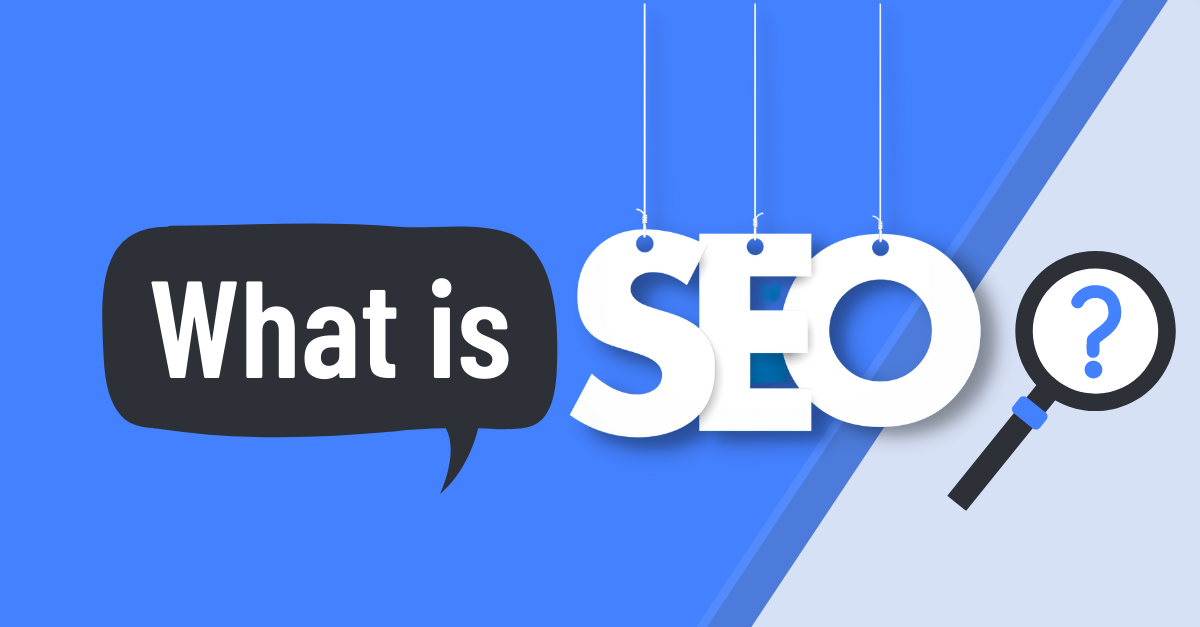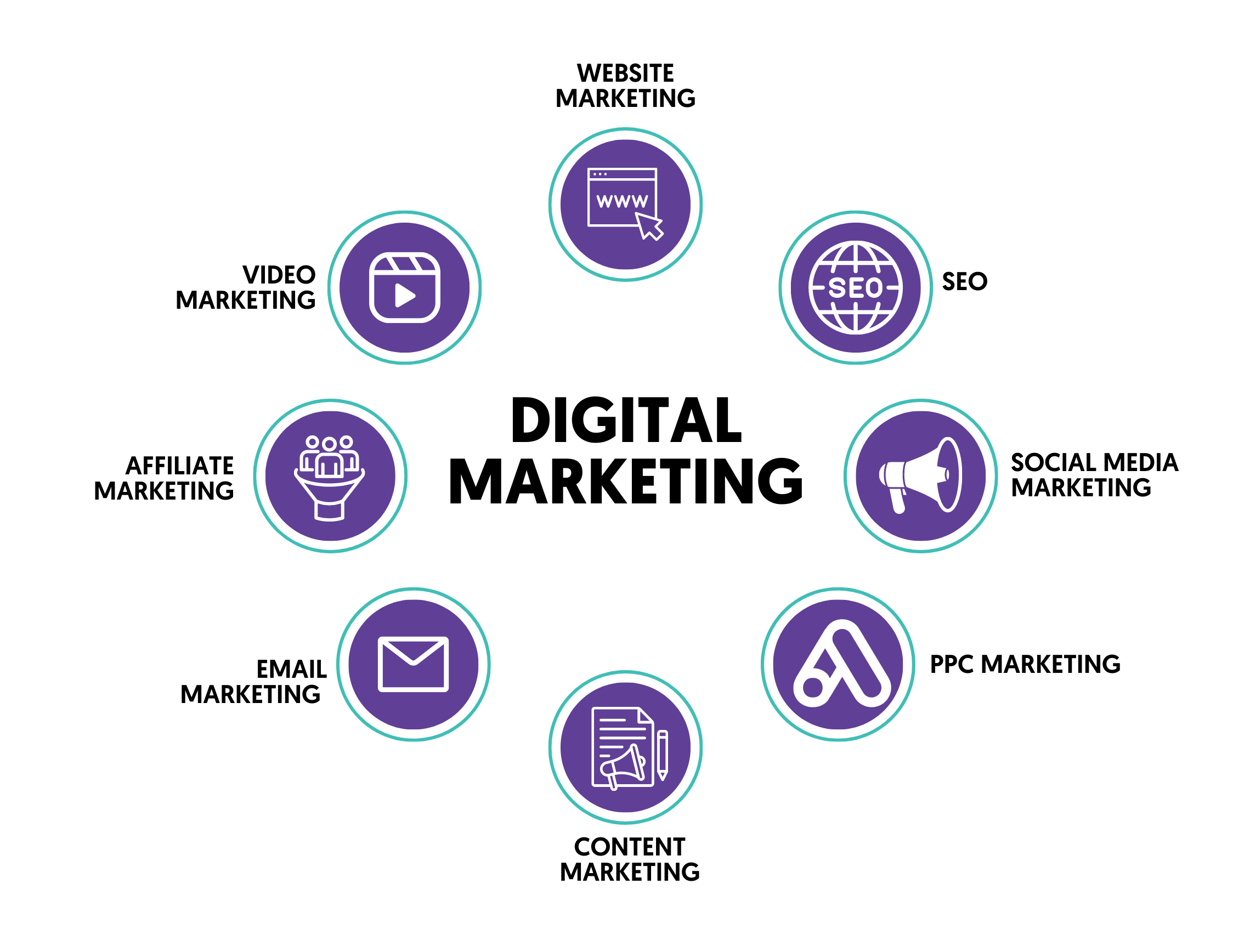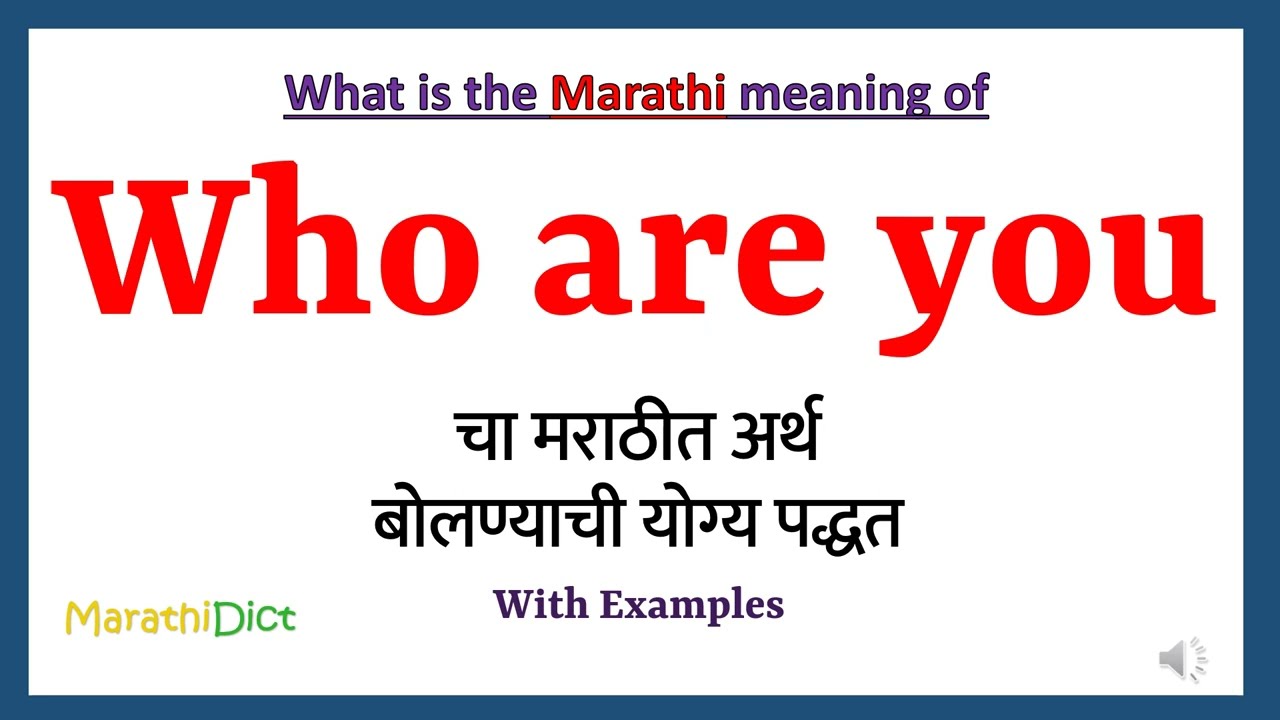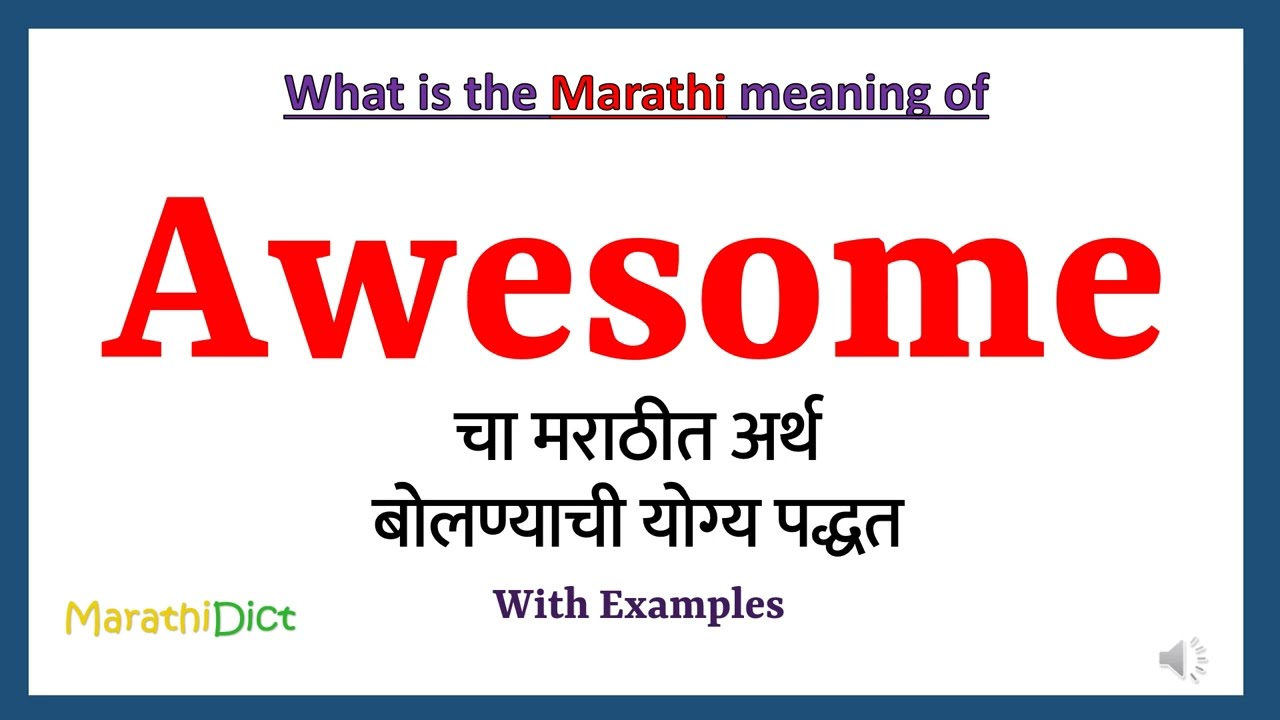SEO, or Search Engine Optimization, is the practice of enhancing a website’s discoverability, relevance, and popularity in response to user search queries in order to raise the site’s organic search engine results page (SERP) placement.
SEO initiatives that feature material that satisfies user search needs are recommended by search engines since they improve the user experience and the page’s rating. Search engine optimization (SEO) best practices include using relevant keywords in titles, meta descriptions, and headlines (H1), using keyword-rich URLs rather than random strings of numbers, and using schema markup to identify the page’s content meaning.
Search engines make it easier for Internet users to locate specific information. Search engines are often the first place people turn when they need information about anything, including shopping, eating out, and traveling. They provide a great chance for business owners to attract potential customers to their site.
SEO, or search engine optimization, is the process of enhancing a website’s visibility in search engine results pages (SERPs). Ranking high on the first page of Google for keywords that are important to your audience is the usual goal. Therefore, SEO is not just about the technical nature of how to setup your website, but also about knowing the wants and demands of your audience.
How do search engines work?
Any query typed into a search engine will yield relevant results. As part of this process, kids “understand” the web by exploring its extensive network of websites. They have a complex algorithm that processes each search query and decides which results to return.
Why SEO focuses on Google
For many, Google is synonymous with “search engine” because it controls over 83% of the global market. Since Google is the most popular search engine, optimizing a website for Google is usually where SEO efforts are focused. It’s helpful to have a firm grasp on Google’s inner workings and rationale.
What Google wants
Google’s goal was to create a search engine that would provide its users with the greatest possible experience. This entails generating the best possible results as rapidly as feasible.
The search phrase entered by the user and the list of results returned are the two main components of every search.
Assume you are looking for “Mailchimp guides and tutorials.” This is a really specific and direct inquiry. Google gets it, and it returns a relevant website (Mailchimp’s own) as the first organic result.
If the customer is satisfied after clicking the first result, then the search engine has achieved its goal of providing a good user experience.
How Google makes money
Google benefits from its users’ confidence and appreciation for its search engine. This is accomplished through providing relevant search results.
Businesses can also pay to have their ads featured prominently at the top of Google search results. The preposition “Ad” designates these announcements. If users of Google’s search engine click on your Google Ads, Google will get payment from you. These advertisements tend to appear in response to broad search terms.
Aside from the subtle label, it would be difficult to tell these results apart from any others. This is done on purpose, of course, because many people click on these links without understanding they are advertisements.
Google is counting on it. More than 80% of Google’s $279.8 billion in 2022 income came from advertising. As a result, while search remains its key offering, the company’s success is ultimately tied on its advertising revenue.
The anatomy of search results
Both paid and “organic” results appear in SERPs, with the latter not contributing to Google’s bottom line. Instead, organic results are provided by Google depending on how relevant and high-quality the site is. Google additionally customizes the SERP with different components like maps, photos, and videos based on the search query.
What users have searched for determines how many adverts appear on a SERP. If you typed in the word “shoes,” for instance, many of the first results would be advertisements. In all likelihood, the first organic result won’t appear until you scroll down the page.
This is because numerous shoe retailers are willing to pay for prominent placement in the AdWords results for this query, increasing the likelihood that the searcher is looking to make an online shoe purchase.
However, if you change your search terms to something like “Atlanta Falcons,” you’ll get different results. The most relevant outcomes are associated with the professional American football team of the same name, as this search is most likely to be related to them. The question is still unclear, though. There are news articles, a knowledge graph, and a main page to explore. These three types of results show that Google is unsure of your exact query, but nevertheless wants to help you quickly find what you’re looking for by providing links to overviews, news articles, and the team’s official website.
There are no AdWords results since no advertisers have shown interest in bidding on the keyword because there appears to be no purchase intent behind the query.
If you update your search to include the words “Atlanta Falcons hat,” Google will assume you are browsing for a hat and return more sponsored results.
The role of SEO
SEO works to improve a website’s visibility in search engines via unpaid, or organic, means. AdWords, shopping, and local results optimization all require slightly different approaches.
The organic results may appear lower on SERPs due to the abundance of paid advertisements, but SEO is still a potent and profitable strategy.
With Google handling billions of searches daily, the organic results represent a sizable portion of the overall pie. There is an up-front and ongoing cost associated with securing and maintaining organic rankings, but all of the traffic generated from those clicks is free.





